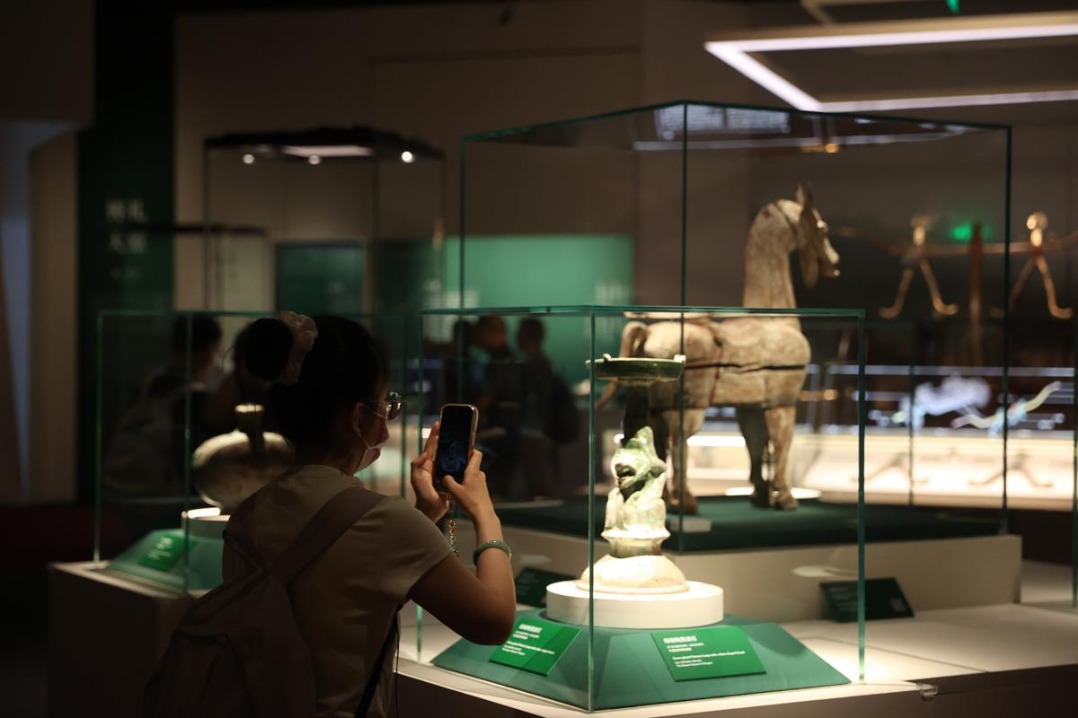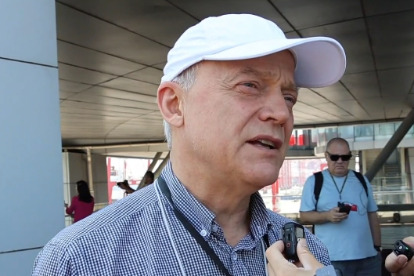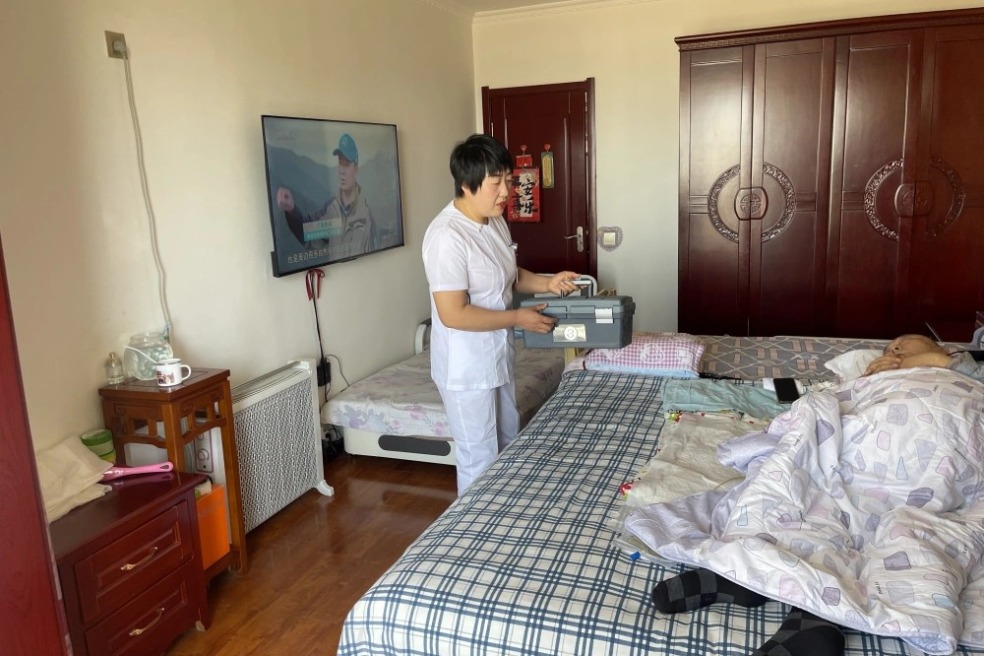China's chances called good for Lasker Prize

For a long time, most Chinese who wanted to be successful in life sciences went abroad to the US or Europe to do graduate work or a postdoctoral degree, and in recent years, some have been convinced to return to China.
He cited Shi Yigong, a biophysicist and vice-president of Tsinghua University, and Xu Ruiming, head of the Institute of Biophysics at the Chinese Academy of Science. Both were trained in the US and are “spectacular scientists.” Xu used to work at the Cold Spring Harbor lab.
Overseas returnees have always been a driving force in China’s science development, including, in the 1950s, renowned scientists such as Qian Xuesen and Li Siguang, who returned to help with scientific and technological development of New China.
However, Stillman stressed the importance of producing homegrown talent. “It’s great for China to begin recruiting back established talent,” he said. “But like in baseball, you need a farm team as you have local talent coming up, not just hiring superstars from other teams.”
To build a farm team, Stillman suggested the country should offer more opportunities for young people to develop their science careers at home. “China has a lot to offer and is surely at a point of taking off,” he added.
Cold Spring Harbor provides a good example of nurturing the careers of young scientists. The center now has 52 labs and nearly 600 scientists. The average age of the scientists is in the early 30s.
“We’ve hired people straight out of graduate school who’ve gone all the way to win Nobel Prize,” he said.
Young scientists should be given resources while pursing basic science and discoveries to think about adding value to their research so it can be translated into new drugs and biotechnology to improve people’s lives, he said.
Earlier in December, Bill Gates was elected to China’s top-tier science academy as the only nonacademic foreign academician. Analyst said that demonstrated China’s ever increasing recognition of sci/tech transformation mentality and capacity.
Stillman said investing in the young is the secret of success in Cold Spring Harbor and “that can be learned by China as well.”
That would help generate lots of stories like that of Tu Youyou, who spent her career in China and found a new malaria treatment to benefit the world.
When asked if China could become the top science hub internationally like the postwar US, he replied “maybe.”
In his opinion, the biggest barrier now is the language. “It’s difficult for people to live here in China if they don’t understand Chinese.”
- Thousands of PLA personnel deployed to flood-hit Rongjiang
- China's largest weapons manufacturer appoints new chairman
- Greater Bay Area rail passenger flows surge
- Shanghai exhibit hails role of Flying Tigers in liberating China
- Wuxi fishery base makes a splash during APAC officials' visit
- Shenzhen authorities issue warning over illegal fundraising





































